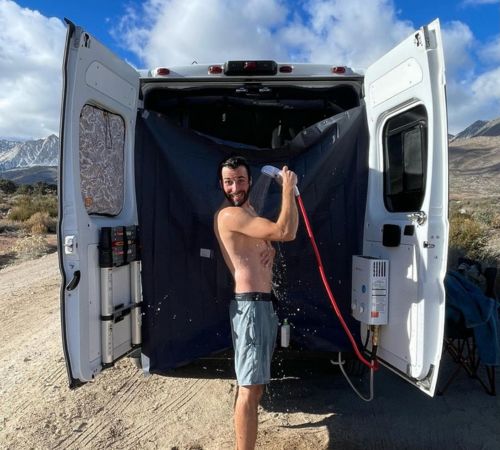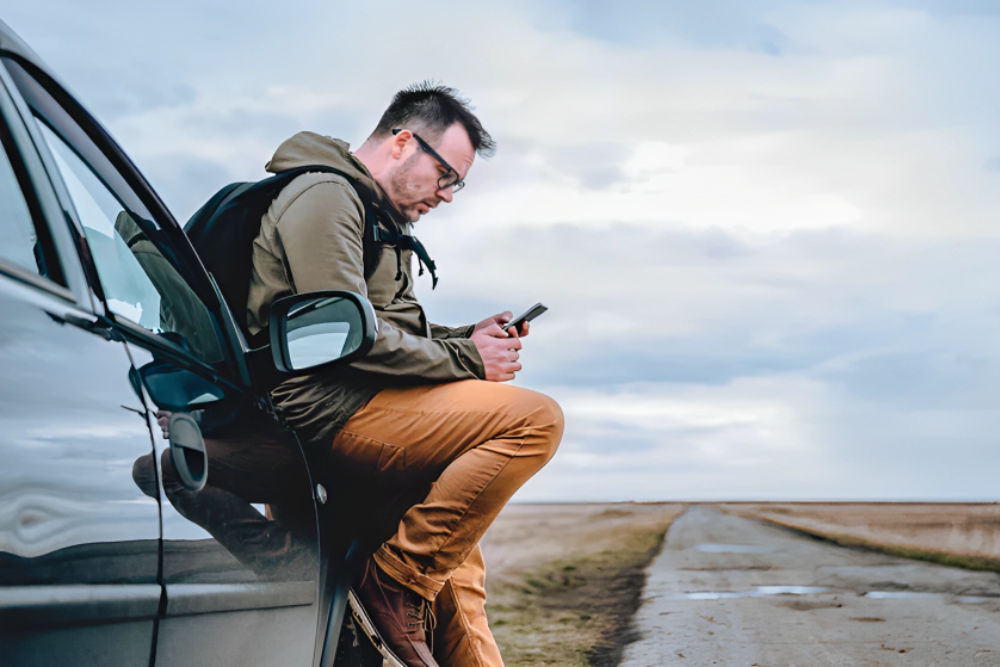TENT CAMPING TIPS AND ADVICE
-
The early bird gets the best campsite. Arrive as early as possible, walk or drive around to check out all the options, find your perfect campsite (the one with the least compromises) and get things set up. Ideally, you can have dinner, clean up and relax before dark.
Places to Avoid:- Narrow canyons, which pose a risk of flash floods
- Open fields, where a lone tent can attract lightning
- Clay soils, which drain poorly and get messy in rain
- Cliffs and ledges, which can't be seen at night
- Stagnant water, which is often home to biting insects
- Pack items that have multiple uses. A light poncho, for example, packs easy and can be used as a rain jacket, a windbreaker, a ground cloth or a mosquito shield.
- Keep your matches dry. Starting a fire is difficult with wet matches. Store yours in a plastic baggy or sealed in a small container.
- Wear comfortable shoes. Really comfortable shoes. That short hike to the top of the hill can turn into an endless journey back to camp if you're fighting a blister.
- Pack a pair of polypropylene long johns. Even in the summer. They don't absorb moisture, they dry fast and wick water and sweat away from your body. Pull them on if a sudden storm blows in or if you get cold sleeping. Or, if you tip your canoe and are/ waiting for your pants to dry out.
- Dress in layers. You can peel them off or pile them on as the temperature rises or falls or your physical activity increases or decreases.
- Pack clothing in trash bags. The bags keep clothes dry in wet or humid weather and can double as laundry bags or makeshift ponchos in a pinch.
- Plan a menu and bring menu-specific measured items to save time and space. For example, measure all of the dry ingredients for pancakes and pack them in a covered container. When you're ready to cook add the wet ingredients, put the lid on and give it a shake to mix it up. But remember, and this is important, label the containers.
- Pack insulated mugs with lids. They keep hot beverages hot, cold beverages cold, and insects out of everything.
- Invest in a solar-heated camp shower. This mini shower can double as a faucet and is ideal for dish rinsing and hand washing.
- Partially unzip the upper window in your tent. This removes unwanted moisture and condensation from perspiring sleepers. On muggy nights, also zip open a lower window to draw cooler air through to create a chimney effect.
- Locate or collect firewood along the hike. Firewood may be scarce where you are camping, so pick up a few bundles before you head to the campsite.
- Remember to pack toilet paper. Everything else is secondary to this necessity.
- Consider hanging your food from a nearby tree. If there is wildlife in the area, this will keep your meals safe. You'll need rope to tie to the container, and try to find a sturdy limb at least twelve feet in the air. If not, put your food containers inside your car at night. Be sure that no food whatsoever is kept in your tent. And don't feed the animals around your campsite.
- Be considerate of those camping around you. If you camp with your pets, keep them away from others; keep them quiet, and clean up after them promptly.
- Camp near water, but not too near. A ready supply of water is a necessity when camping, but you don't want your camp site to be flooded, so place your site is at least 200 ft. away from the nearest water source
- Clean up when you leave. If you brought it with you, be sure to take it with you when you head for home. As a rule, you should leave the campsite looking better than it was when you arrived.










